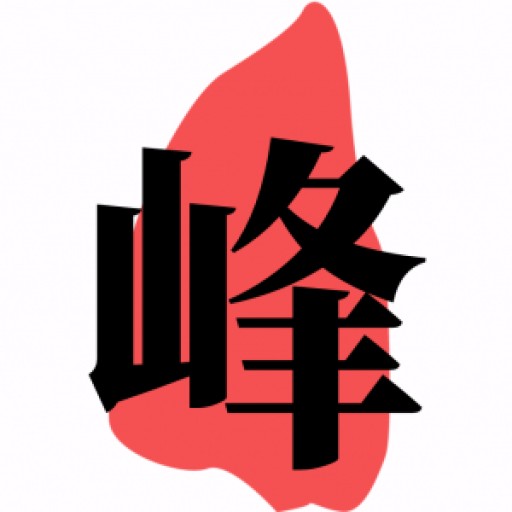英语时态解析:全面掌握八大时态
在英语学习中,掌握时态是至关重要的,因为它帮助我们清晰地表达时间上的动作和状态。下面,我们将深入探讨八种常见的英语时态,并举例说明它们的用法。
1. 一般现在时
一般现在时用于描述经常发生的动作、习惯性行为或当前的状态。它的结构包括“is/am/are”以及“do/does”。
例如:
① 我每天做作业。 —— “I do my homework every day.”
② 他每天早上七点离家去学校。 —— “He leaves home for school at 7 every morning.”
一般现在时也用于表述客观事实和科学真理:
① 地球绕太阳转动。 —— “The earth moves around the sun.”
② 上海位于中国东部。 —— “Shanghai lies in the east of China.”
一些格言和警句也常用一般现在时:
① 有志者,事竟成。 —— “There is a will, there is a way.”
② 骄者必败。 —— “Pride goes before a fall.”
2. 一般过去时
一般过去时用来描述过去某一时间发生的动作或状态,或过去的习惯性行为。其结构通常是“was/were”加上动词的过去式。
例子包括:
① 我昨天完成了作业。 —— “I did my homework yesterday.”
② 刚才你去哪里了? —— “Where did you go just now?”
③ 斯卡夫曾经常在河边散步。 —— “Scarf used to take a walk by the river.”
3. 一般将来时
一般将来时用于表示将来某个时间将发生的动作、存在的状态或计划。其结构有两种:一种是“am/is/are/going to + do”,另一种是“will + do”。
例如:
① 我明天将要做作业。 —— “I will do my homework tomorrow.”
② 他们明天将去参观工厂。 —— “They will go to visit the factory tomorrow.”
③ 今天下午我和妈妈打算去看歌剧。 —— “My mom and I are going to watch an opera this afternoon.”
④ 瞧,乌云密布,天要下雨了。 —— “Look! There come the dark clouds. It is going to rain.”
4. 现在进行时
现在进行时用于描述正在发生的动作或行为,其结构为“am/is/are + doing”。
例如:
① 我现在正在做作业。 —— “I am doing my homework now.”
② 孩子们正在操场上打篮球。 —— “The children are playing basketball in the playground.”
5. 过去进行时
过去进行时用于表示过去某一时刻或某段时间正在进行的动作,其结构为“was/were + doing”。
例子包括:
① 当你来的时候,我正在做作业。 —— “I was doing my homework when you came.”
② 我到达山顶时,阳光明媚。 —— “When I got to the top of the mountain, the sun was shining.”
③ 昨晚七点到九点期间我们在看电视。 —— “We were watching TV from seven to nine last night.”
6. 现在完成时
现在完成时用于描述过去发生的动作对现在产生的影响,或从过去一直持续到现在的状态。其结构为“have/has + done”。
例如:
① 我已经完成了作业。 —— “I have done my homework.”
② 他自1990年起就一直在这里。 —— “He has been here since 1990.”
③ 我在这儿已经有五个月了。 —— “I have been here since five months ago.”
④ 我在这里住了八年多了。 —— “I have lived here for more than eight years.”
7. 过去完成时
过去完成时用于描述在过去某一时间之前已经发生的动作或行为。其结构为“had + done”。
例如:
① 在你来之前,我已经完成了作业。 —— “I had done my homework before you came.”
② 当警察到达时,小偷们已经逃跑了。 —— “When the police arrived, the thieves had run away.”
8. 过去将来时
过去将来时用于描述在过去某一时刻的计划或预测,通常用于宾语从句中。其结构有“was/were/going to + do”和“would + do”。
例如:
① 她说她第二天早晨将做作业。 —— “She said she would do her homework the next morning.”
② 他说他会来看我。 —— “He said he would come to see me.”
③ 她说她将立即出发。 —— “She said she was going to start off at once.”
④ 他告诉我他将去北京。 —— “He told me he would go to Beijing.”
⑤ 他说火车将于第二天早晨六点离开。 —— “He said the train was leaving at six the next morning.”


